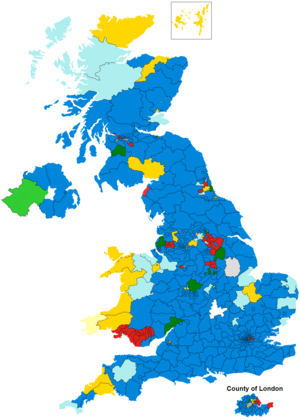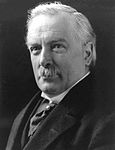1931 UK general election
|
|
|||||||||||||||||||||||||||||||||||||||||||||||||||||||||||||||||||||||||||||||||||||||||||||
|---|---|---|---|---|---|---|---|---|---|---|---|---|---|---|---|---|---|---|---|---|---|---|---|---|---|---|---|---|---|---|---|---|---|---|---|---|---|---|---|---|---|---|---|---|---|---|---|---|---|---|---|---|---|---|---|---|---|---|---|---|---|---|---|---|---|---|---|---|---|---|---|---|---|---|---|---|---|---|---|---|---|---|---|---|---|---|---|---|---|---|---|---|---|
|
|||||||||||||||||||||||||||||||||||||||||||||||||||||||||||||||||||||||||||||||||||||||||||||
|
|
|||||||||||||||||||||||||||||||||||||||||||||||||||||||||||||||||||||||||||||||||||||||||||||
|
All 615 seats to the House of Commons 308 seats needed for a majority |
|||||||||||||||||||||||||||||||||||||||||||||||||||||||||||||||||||||||||||||||||||||||||||||
| Turnout | 76.4% ( |
||||||||||||||||||||||||||||||||||||||||||||||||||||||||||||||||||||||||||||||||||||||||||||
|
|||||||||||||||||||||||||||||||||||||||||||||||||||||||||||||||||||||||||||||||||||||||||||||

|
|||||||||||||||||||||||||||||||||||||||||||||||||||||||||||||||||||||||||||||||||||||||||||||
|
|||||||||||||||||||||||||||||||||||||||||||||||||||||||||||||||||||||||||||||||||||||||||||||
The United Kingdom general election held on Tuesday 27 October 1931 saw a landslide election victory for the National Government which had been formed two months previously after the collapse of the previous Labour government. The bulk of the National Government's support came from the Conservative Party, and the Conservatives won 470 seats. The Labour party suffered its greatest defeat, losing four out of five seats compared with the previous election. The Liberal Party, split into three factions, continued to shrink and the Liberal National faction never reunited. Ivor Bulmer-Thomas said the results "were the most astonishing in the history of the British party system". It was the last election where one party (the Conservatives) received an absolute majority of the votes cast and the last UK general election not to take place on a Thursday.
After battling with the Great Depression for two years, Ramsay MacDonald's Labour government had been faced with a sudden budget crisis in August 1931. The cabinet deadlocked over its response, with several influential members such as Arthur Henderson unwilling to support the budget cuts (in particular a cut in the rate of unemployment benefit) which were pressed by the civil service and opposition parties. Chancellor of the Exchequer Philip Snowden refused to consider deficit spending or tariffs as alternative solutions. When the government resigned, MacDonald was encouraged by King George V to form an all-party National Government to deal with the immediate crisis.
...
Wikipedia






